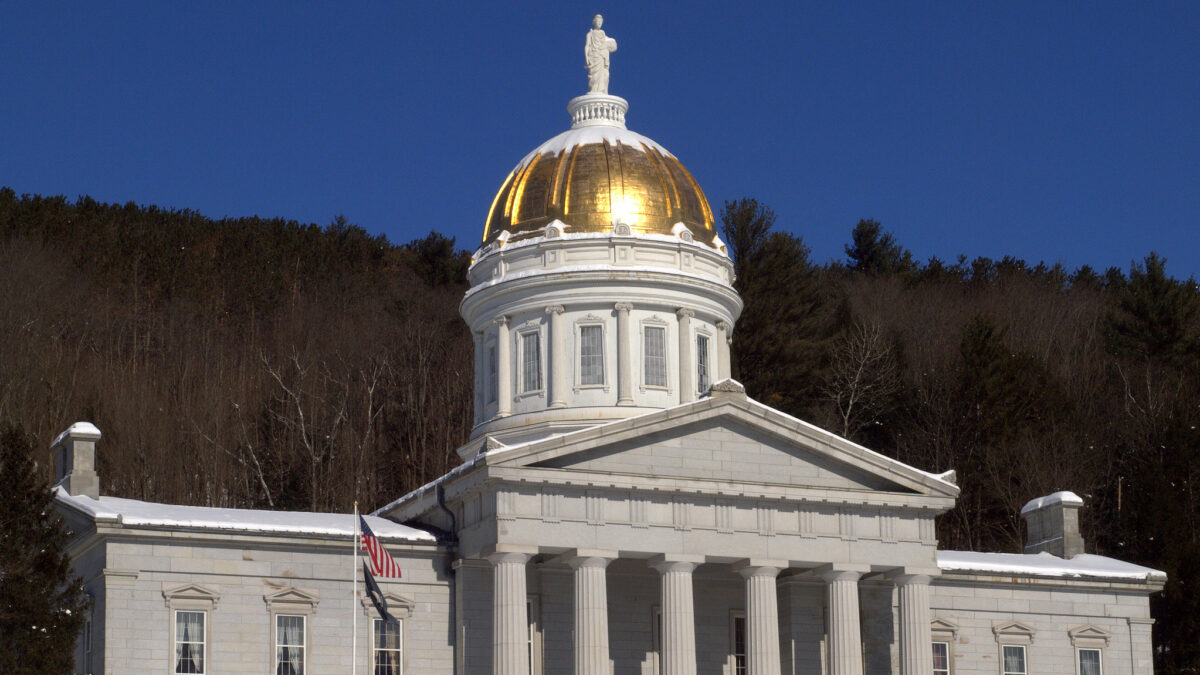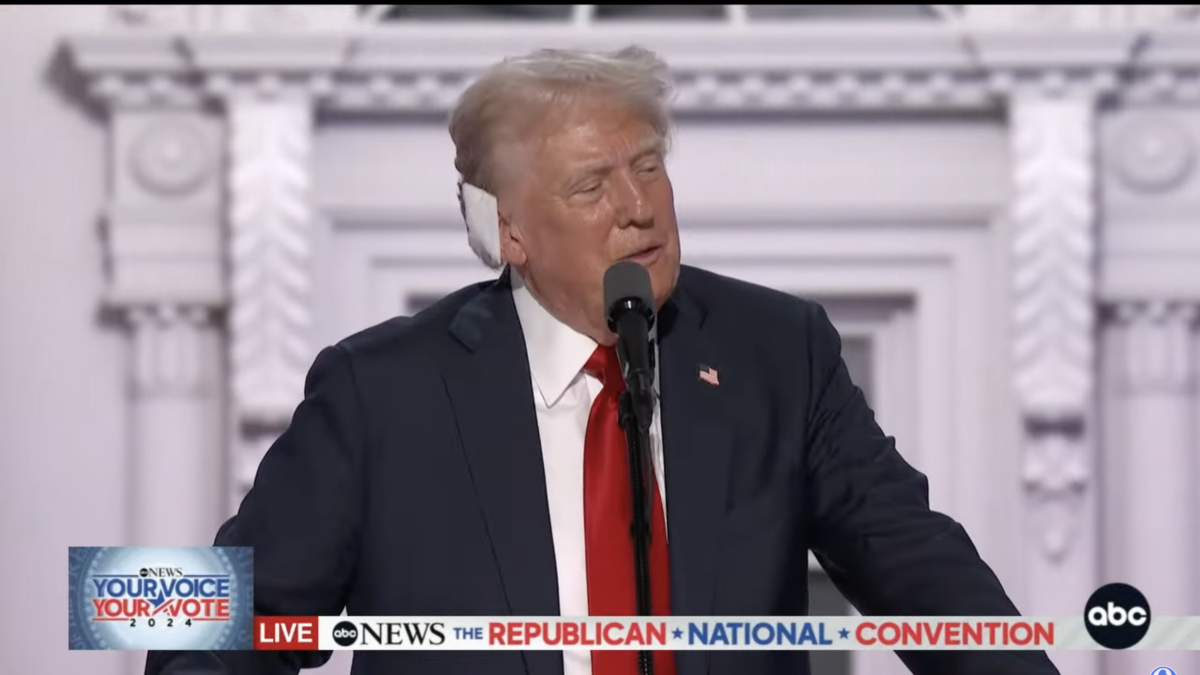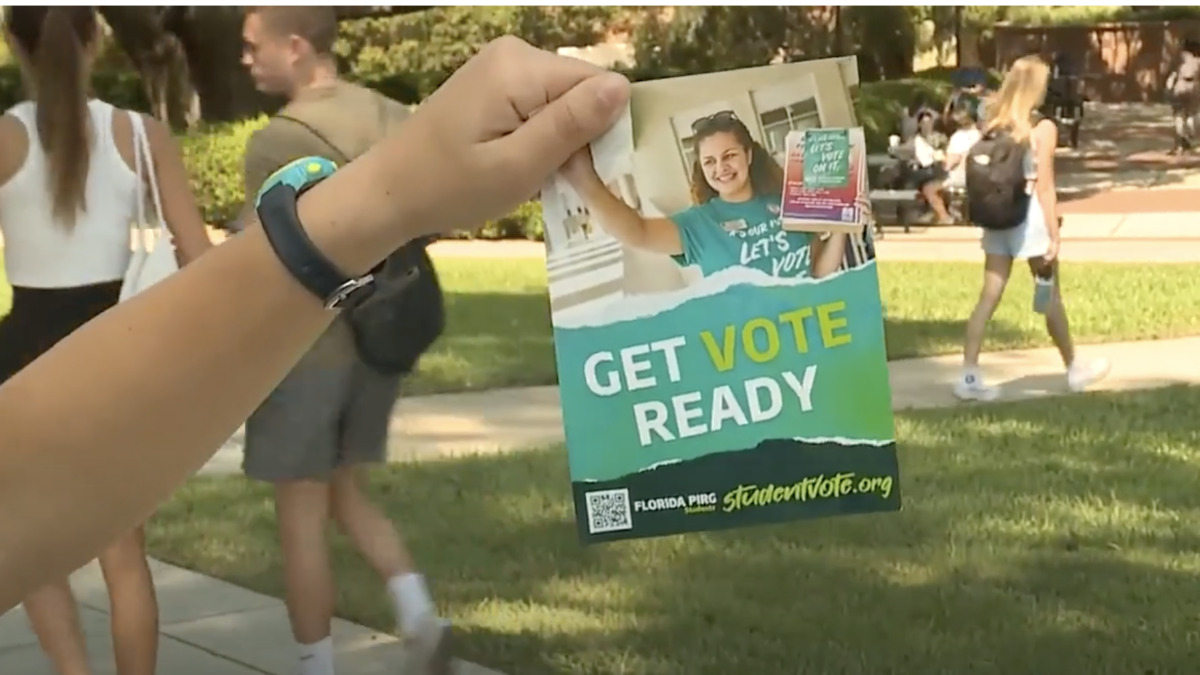
The Vermont Supreme Court ruled Friday that noncitizen residents in its capital city of Montpelier may continue to vote in municipal elections. The court argued that allowing noncitizens to vote does not violate the state Constitution because citizenship requirements only apply to federal elections.
“The statute allowing noncitizens to vote in local Montpelier elections does not violate Chapter II, § 42 because that constitutional provision does not apply to local elections,” the Supreme Court wrote.
In 2018, the city of Montpelier voted to allow noncitizens to cast votes in local elections if they were in the United States legally. In 2020, the city of Winooski did the same. In 2021, the Democrat-controlled Vermont legislature approved such changes to both city’s municipal charters, over Republican Gov. Phil Scott’s veto. As a result, the Republican National Committee filed two lawsuits asking judges to declare noncitizen voting unconstitutional in those two cities.
While federal law prohibits noncitizens from voting in federal elections for races such as the U.S. Senate or House of Representatives, several jurisdictions across the country, including San Francisco and multiple towns in Maryland, allow noncitizens to vote in municipal elections.
Such a system can cause chaos in local election offices and their administration of elections, as city clerks would have to keep two sets of voter rolls and put in place procedures to distinguish who can and cannot vote in an election that has both federal and local offices on the ballot. This would muddle already messy state voter rolls, especially at a time when confidence in American elections is at an all-time low.
Colorado offers a warning to state and local jurisdictions looking to adopt noncitizen voting. During the November midterm elections, the secretary of state’s office erroneously sent out 31,000 postcards to foreign nationals on how to register to vote (for both municipal and federal offices) in the Nov. 8 election. This was the result of a mismanagement oversight with the state’s voter rolls.
Other problems associated with noncitizen voting include disenfranchising actual citizens, and as previously reported, a ploy by Democrats to expand their voter base.
While blue cities such as New York, Boston, and Washington, D.C. are all looking at implementing noncitizen voting, Louisiana and Ohio became the latest of eight states that have passed laws banning noncitizen voting in municipal elections.








